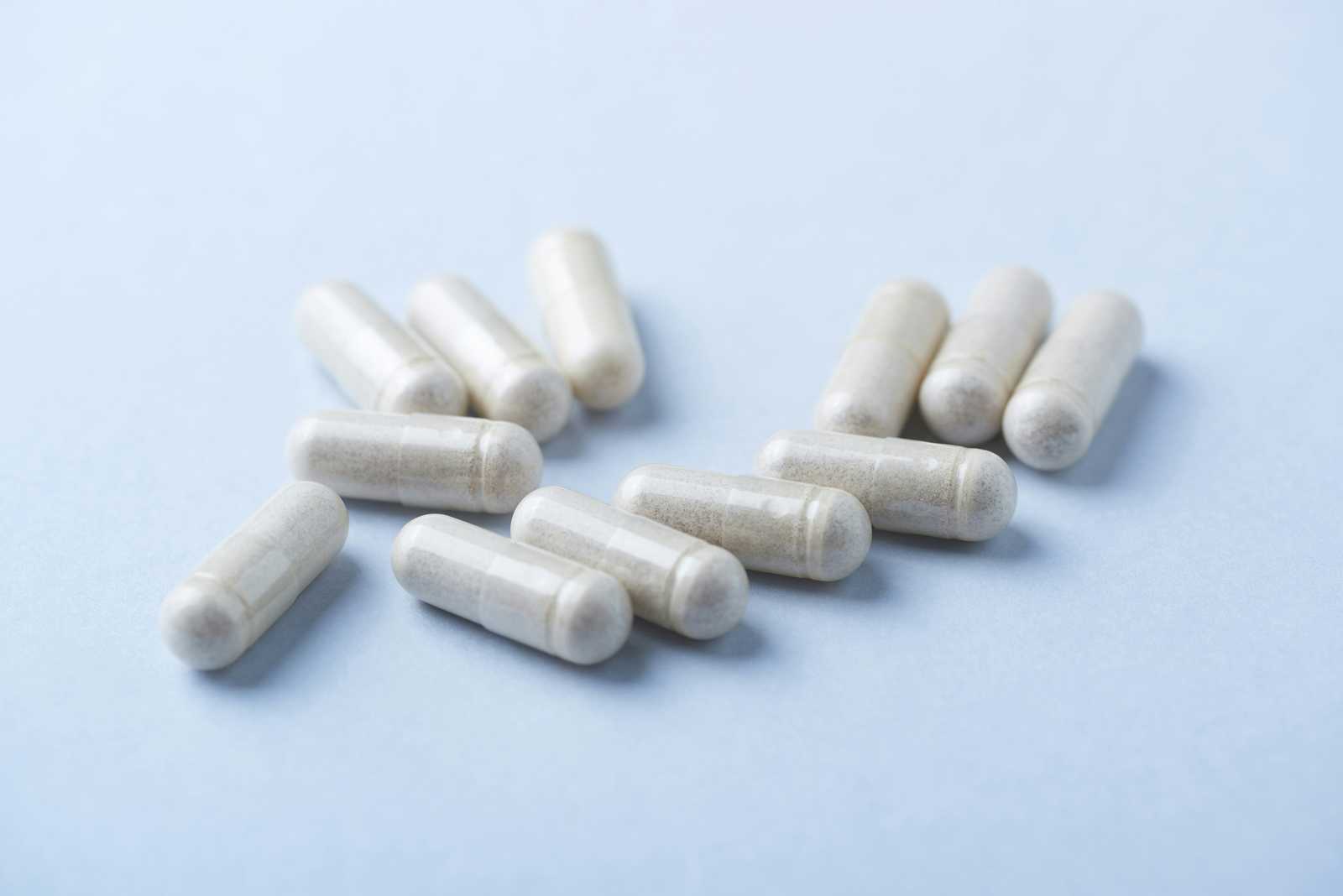
For the past 30 years, Americans have been turning to herbs to prevent or treat health problems. Sometimes plant-based medicines have reputations that may not be supported by scientific research. One reader is wondering whether there would be benefits from taking ginseng, an herb from the ancient Chinese medical tradition.
What Are the Possible Benefits from Taking Ginseng?
Q. I have read and heard a lot about ginseng. What are the health benefits? I have hypertension and wonder whether this herb would make my blood pressure worse.
A. Ginseng (Panax ginseng) has been a popular tonic in China for thousands of years. Western scientists have classified it as an adaptogen, a product that helps people respond to stress. Clinical trials suggest that it may help boost immune function and blood sugar control, as well as improve psychological outlook (American Family Physician, Oct. 15, 2003).
Ginseng to Fight Cancer-Related Fatigue:
In addition, a placebo-controlled trial found that Wisconsin ginseng (Panax quinquefolius) was effective for cancer-related fatigue (Journal of National Cancer Institute, Aug. 21, 2013). A systematic review of ten studies suggests that both American and Asian ginsengs show promise against fatigue due to medical problems (Journal of Complementary and Alternative Medicine, July 2018).
The authors concluded:
“Both American and Asian ginseng may be viable treatments for fatigue in people with chronic illness. Because of ginseng’s widespread use, a critical need exists for continued research that is methodologically stronger and that includes more diverse samples before ginseng is adopted as a standard treatment option for fatigue.”
Ginseng and Blood Pressure:
A systematic review concluded that ginseng does not raise blood pressure (Journal of Human Hypertension, Oct. 2016). Consequently, you can enjoy benefits from taking ginseng, such as lower blood sugar, without fear that it will worsen your hypertension (European Journal of Nutrition, April 2019). In fact, ginseng can lower systolic blood pressure as well as LDL cholesterol.
Some evidence indicates, however, that ginseng might interact with anticoagulants. As a result, we recommend that people taking warfarin (Coumadin) avoid ginseng. Those on other blood thinners should discuss it with their doctors. In summary, there may be significant benefits from taking ginseng, but you should do your homework first to avoid interactions.
Citations
- Kiefer D & Pantuso T, "Panax ginseng." American Family Physician, Oct. 15, 2003.
- Barton DL et al, "Wisconsin Ginseng (Panax quinquefolius) to improve cancer-related fatigue: a randomized, double-blind trial, N07C2." Journal of National Cancer Institute, Aug. 21, 2013. DOI: 10.1093/jnci/djt181
- Arring NM et al, "Ginseng as a treatment for fatigue: A systematic review." Journal of Complementary and Alternative Medicine, July 2018. DOI: 10.1089/acm.2017.0361
- Komishon AM et al, "The effect of ginseng (genus Panax) on blood pressure: a systematic review and meta-analysis of randomized controlled clinical trials." Journal of Human Hypertension, Oct. 2016. DOI: 10.1038/jhh.2016.18

